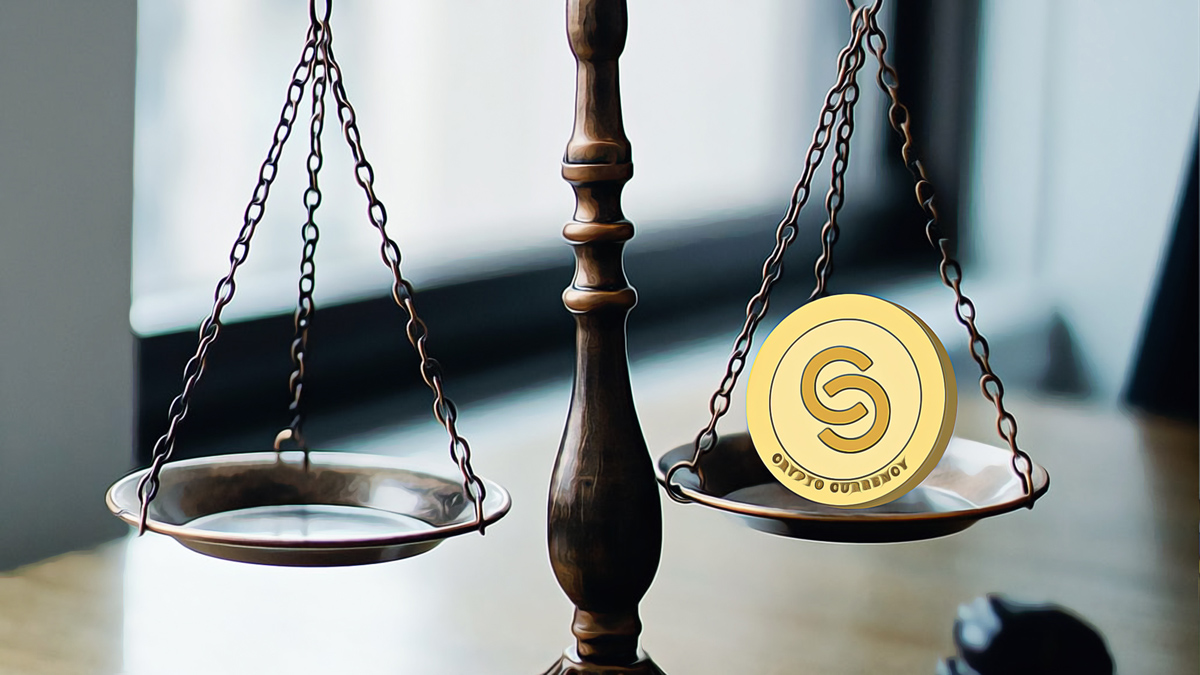Former Celsius CEO Alex Mashinsky is requesting the testimonies of six ex-employees in a fraud case against him. Mashinsky faces accusations of defrauding customers and misrepresenting Celsius’ financial condition.
My Intent Was Not to Harm
In a memorandum submitted to the court on Friday, Mashinsky’s lawyers highlighted that among the potential witnesses are the company’s former CFO and CRO. His attorneys emphasize that Mashinsky did not intend to harm anyone.
“As the CEO of Celsius, Mr. Mashinsky relied on the information provided by experienced Celsius experts around him.”
According to the defense, the former employees’ current stance could lead to Mashinsky facing 115 years in prison.
Are Celsius Employees Also at Fault?
One proposed witness is former Celsius Revenue President Roni Cohen-Pavon, who accepted charges last year. Cohen-Pavon and other employees ignored Mashinsky’s instructions, opting to purchase more CEL tokens instead of selling them.
U.S. prosecutors have presented evidence suggesting that Mashinsky and Cohen-Pavon conspired to inflate the CEL price before selling. Mashinsky’s lawyers added:
“Mr. Cohen-Pavon is a significant witness in the manipulation allegations as he provided legal advice to Celsius regarding CEL tokens’ trading from 2019 to 2022.”
According to Mashinsky’s lawyers, at the weekly “Ask Mashinsky Anything” live events, Celsius’ legal and risk teams organized the content without informing him. The defense argued that Celsius’ legal, risk, and regulatory teams reviewed transcripts before publishing them.
In summary, Mashinsky seeks to share the blame with his employees, insisting he had reasons to believe in the accuracy of his public statements. His lawyers argue that any corrections he made were signs of goodwill rather than fraud, although they noted most corrections were made without his knowledge.
In July, the Celsius Network Trustee filed a lawsuit in the U.S. Bankruptcy Court for the Southern District of New York. The complaints were directed at a group of Celsius account holders who allegedly received “preferential transfers.”
This group included those with over $100,000 in preferential withdrawal exposure and individuals who did not repay their preferential obligations. The filing mentioned over 1,300 individuals and entities worldwide, including hedge funds and companies.
Overall, Mashinsky’s case has generated significant attention in the cryptocurrency world, raising questions about how the testimonies of former employees will influence the proceedings. Celsius’ bankruptcy and ongoing legal processes once again highlight the importance of regulation and transparency in the cryptocurrency sector.


 Türkçe
Türkçe Español
Español









